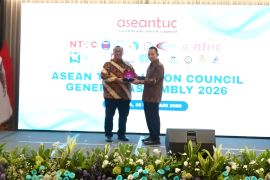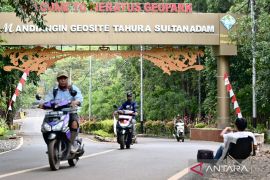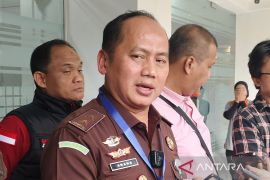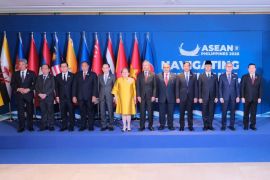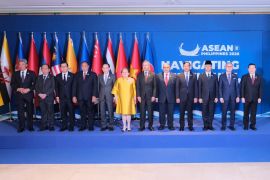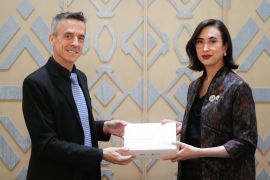"The process (toward ratification) is ongoing. Hopefully, it will happen this year," Ade said, adding that the government needed the approval of the House of Representatives (DPR) to the convention.
He said one of the unique factors in the convention was the existence of rehabilitation support for former terrorists or people related to terror activities.
The ACCT was signed by the ASEAN Leaders in Cebu, Philippines on 13 January 2007 during the 12th ASEAN Summit. The Convention aims to enhance the region?s capacity to confront terrorism in all its forms and manifestations and to deepen counter-terrorism cooperation among the region?s law enforcement and other relevant authorities. It would be elevated to become a regional treaty once it has received ratification from at least six ASEAN Member States.
Six ASEAN member countries have already ratify the convention namely Singapore, Thailand, the Philippines, Cambodia, Vietnam and Brunei Darussalam.
ASEAN Secretary General Surin Pitsuwan recently stated that the ACCT could serve as the cornerstone in enhancing the region`s capacity to confront terrorism in all its forms and manifestations and to deepen counter-terrorism cooperation. The ACCT, he said, also enhances the region`s strategic role in the global strategy on counter-terrorism.
"I strongly encourage the remaining ASEAN member-states to expedite their respective ratification processes," he urged.
He said ASEAN had already been taking proactive measures against terrorism including the implementation of the ASEAN Comprehensive Plan of Action on Counter-Terrorism. The forthcoming entry into force of the ACCT would add new momentum to ASEAN`s concerted efforts in countering extremism and terrorism.
ASEAN, Dr Surin said, could offer its long history of experiences on addressing the problem of terrorism in the region and successfully managing other cultural and civilizational tensions despite the tremendous diversity in the region.
"We are determined to continue to cooperate not only in the prevention and suppression of extremism and terrorism but to address and remove root causes and conditions giving rise to these threats to humanity," Dr Surin said.
"The road to ending violent extremism, terrorism and global cultural discords might very well run through the ASEAN region," he said.
ASEAN`s approach, he continued, was the promotion of development that is equitable, inclusive, and that embodies peaceful and mutual respect among the various communities, taking into account their diversity and historical uniqueness. (*)R018/A051/HAJM/O001
Editor: Jafar M Sidik
Copyright © ANTARA 2011
